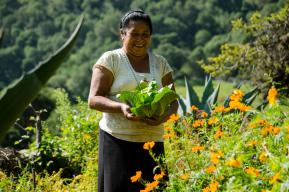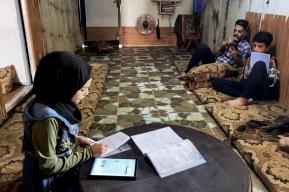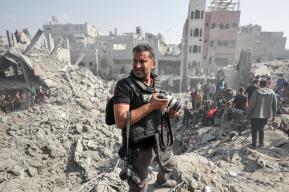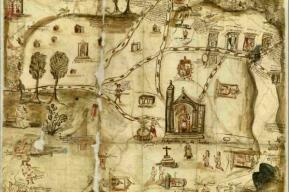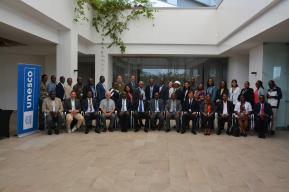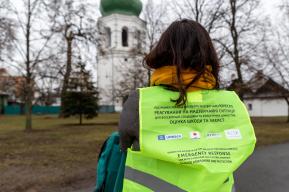News
UNESCO stands in solidarity with Morocco following the earthquake
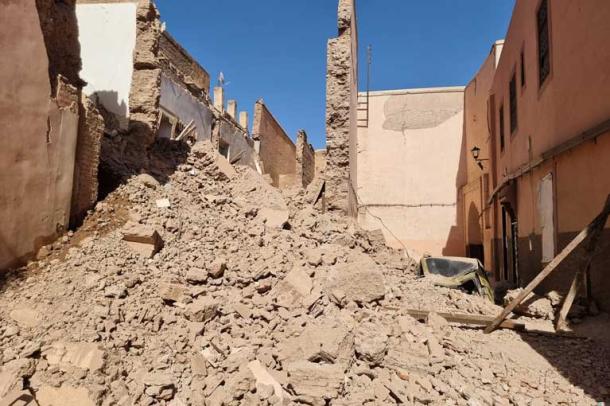
Audrey Azoulay, Director-General of UNESCO, sent her "condolences to the relatives of the missing" and expressed her "full support for the Moroccan people" on Saturday September 9. "Morocco can count on UNESCO's solidarity", she stressed.
Within the framework of its mandate, our Organization will be able to support the Moroccan authorities in any way it deems necessary, from inventorying damage to heritage and education, to securing buildings and preparing for reconstruction.

UNESCO and Morocco have a long history of cooperation and friendship. The country participates in numerous UNESCO programmes in the fields of culture, education and science. Over the past two years, it has hosted a number of UNESCO international conferences, the most recent being the International Conference on Geoparks, which was underway in Marrakech when the earthquake struck.
Initial findings in the fields of heritage and education
An expert team visited Marrakech on Saturday 9 September, to make an initial assessment of the damage to the Medina, inscribed on the UNESCO World Heritage List since 1985. The mission observed damage to a number of buildings: the minaret of the Kharbouch mosque, on Jemaa el-Fna Square, has been almost completely destroyed; the minaret of the Koutoubia has major cracks; several houses in the old Jewish quarter of the Mellah have collapsed; the ramparts of the old town have also been affected in many places.
In the province of Ouarzazate, Ksar of Ait-Ben-Haddou, inscribed on the World Heritage List since 1987, has several cracked buildings. The communal granary overlooking the village is seriously damaged. In the province of Al Haouz, the mosque at Tinmel - an important site in Morocco's history and on the national Tentative World Heritage List - has been almost completely destroyed. The disaster is also likely to have a significant impact on the creative economy, an area in which the country is particularly committed, as well as on the traditions and know-how that constitute its intangible heritage.

The situation in the education sector is also a cause for concern. The earthquake affected a particularly rural and isolated area, encompassing a school population of around one million pupils and a teaching staff of more than 42,000 professionals. According to an initial assessment by the Moroccan authorities, at least seven teachers perished in the disaster, and more than half a thousand schools and around fifty boarding schools were damaged. In the provinces of Al Haouz, Chichaoua and Taroudant, some forty municipalities have been forced to temporarily suspend classes.
Faced with this crisis situation, UNESCO expresses its full confidence in Moroccan professionals to mitigate the emergency and take the necessary measures. Morocco has solid expertise in heritage protection and rehabilitation - last year it signed an agreement with UNESCO to enable African countries to benefit from its skills - as well as in education policies.
UNESCO is also ready to contribute, depending on the needs expressed, and its Rabat office is in contact with the relevant ministries.


